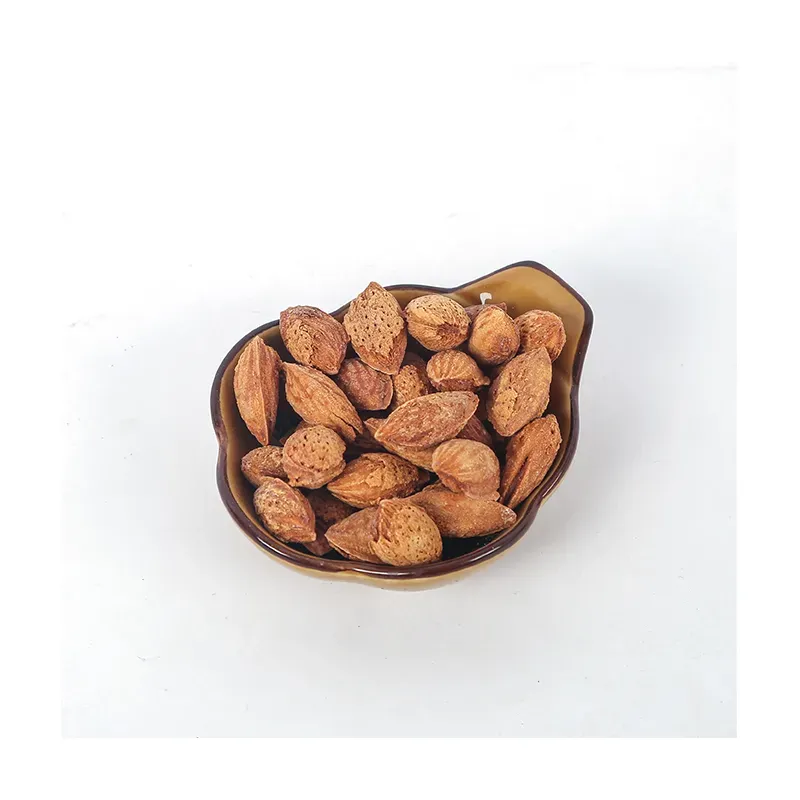-
 Afrikaans
Afrikaans -
 Albanian
Albanian -
 Amharic
Amharic -
 Arabic
Arabic -
 Armenian
Armenian -
 Azerbaijani
Azerbaijani -
 Basque
Basque -
 Belarusian
Belarusian -
 Bengali
Bengali -
 Bosnian
Bosnian -
 Bulgarian
Bulgarian -
 Catalan
Catalan -
 Cebuano
Cebuano -
 Corsican
Corsican -
 Croatian
Croatian -
 Czech
Czech -
 Danish
Danish -
 Dutch
Dutch -
 English
English -
 Esperanto
Esperanto -
 Estonian
Estonian -
 Finnish
Finnish -
 French
French -
 Frisian
Frisian -
 Galician
Galician -
 Georgian
Georgian -
 German
German -
 Greek
Greek -
 Gujarati
Gujarati -
 Haitian Creole
Haitian Creole -
 hausa
hausa -
 hawaiian
hawaiian -
 Hebrew
Hebrew -
 Hindi
Hindi -
 Miao
Miao -
 Hungarian
Hungarian -
 Icelandic
Icelandic -
 igbo
igbo -
 Indonesian
Indonesian -
 irish
irish -
 Italian
Italian -
 Japanese
Japanese -
 Javanese
Javanese -
 Kannada
Kannada -
 kazakh
kazakh -
 Khmer
Khmer -
 Rwandese
Rwandese -
 Korean
Korean -
 Kurdish
Kurdish -
 Kyrgyz
Kyrgyz -
 Lao
Lao -
 Latin
Latin -
 Latvian
Latvian -
 Lithuanian
Lithuanian -
 Luxembourgish
Luxembourgish -
 Macedonian
Macedonian -
 Malgashi
Malgashi -
 Malay
Malay -
 Malayalam
Malayalam -
 Maltese
Maltese -
 Maori
Maori -
 Marathi
Marathi -
 Mongolian
Mongolian -
 Myanmar
Myanmar -
 Nepali
Nepali -
 Norwegian
Norwegian -
 Norwegian
Norwegian -
 Occitan
Occitan -
 Pashto
Pashto -
 Persian
Persian -
 Polish
Polish -
 Portuguese
Portuguese -
 Punjabi
Punjabi -
 Romanian
Romanian -
 Russian
Russian -
 Samoan
Samoan -
 Scottish Gaelic
Scottish Gaelic -
 Serbian
Serbian -
 Sesotho
Sesotho -
 Shona
Shona -
 Sindhi
Sindhi -
 Sinhala
Sinhala -
 Slovak
Slovak -
 Slovenian
Slovenian -
 Somali
Somali -
 Spanish
Spanish -
 Sundanese
Sundanese -
 Swahili
Swahili -
 Swedish
Swedish -
 Tagalog
Tagalog -
 Tajik
Tajik -
 Tamil
Tamil -
 Tatar
Tatar -
 Telugu
Telugu -
 Thai
Thai -
 Turkish
Turkish -
 Turkmen
Turkmen -
 Ukrainian
Ukrainian -
 Urdu
Urdu -
 Uighur
Uighur -
 Uzbek
Uzbek -
 Vietnamese
Vietnamese -
 Welsh
Welsh -
 Bantu
Bantu -
 Yiddish
Yiddish -
 Yoruba
Yoruba -
 Zulu
Zulu
ഡിസം . 04, 2024 14:08 Back to list
Unique Melon Seed Products for Snacking and Health Benefits
The Melon Seed Product A Nutritional Delight
In the world of snacks and health foods, the melon seed product has carved a niche for itself, thanks to its delectable taste and impressive nutritional profile
. From its origins to its modern-day uses, the journey of the melon seed is one that reflects not only culinary tradition but also a growing appreciation for healthy snacking.Melon seeds, primarily derived from the watermelon and cantaloupe, have been consumed for centuries, especially in regions like Asia and the Middle East. Traditionally, they were seen as a humble snack, often roasted and seasoned with spices, enjoyed during gatherings or as an afternoon treat. Today, however, they have evolved into a more sophisticated health food, recognized for their numerous health benefits.
One of the most appealing aspects of melon seeds is their rich nutritional content. Packed with protein, fiber, healthy fats, vitamins, and minerals, they are a powerhouse of nutrition. A 100-gram serving of roasted melon seeds can provide approximately 30 grams of protein, making them an excellent plant-based protein source, particularly for vegetarians and vegans. They are also rich in magnesium, zinc, and iron, essential for maintaining various bodily functions. Moreover, the high fiber content aids digestion and promotes a feeling of fullness, making them an ideal choice for those looking to manage their weight.
In addition to their nutritional benefits, melon seeds contain a range of antioxidants, which help combat oxidative stress in the body. Antioxidants are crucial in preventing cell damage and reducing the risk of chronic diseases, including heart disease and cancer. The presence of healthy fats, particularly monounsaturated and polyunsaturated fats, contributes to cardiovascular health, as they help lower bad cholesterol levels and promote overall heart health.
the melon seed product

Culinary enthusiasts have started to explore the versatility of melon seeds beyond traditional snacking. They can be used in various recipes, from salads and smoothies to granola and energy bars. Melon seed butter has emerged as a popular alternative to nut butters, offering a similar creamy texture with a unique flavor profile. Additionally, they can be ground into a flour, providing a gluten-free option for baking and cooking.
As the trend towards healthy eating continues to gain momentum, many companies have recognized the potential of melon seeds as a superfood. As a result, they are being marketed in various forms, including roasted, salted, spiced, and even coated in dark chocolate for a healthier sweet treat. The adaptability and appeal of melon seeds make them a favorite among health-conscious consumers and food manufacturers alike.
Furthermore, the sustainability aspect of melon seed production adds to its allure. Melon cultivation is relatively low-impact compared to other crops, requiring less water and arable land. This makes melon seeds an eco-friendly snack option, which resonates with consumers increasingly concerned about the environmental impact of their food choices.
In conclusion, the melon seed product is more than just a delicious snack; it represents a blend of health, nutrition, and culinary versatility. Whether you enjoy them straight from the bag, sprinkle them on your favorite dishes, or incorporate them into your baking, melon seeds offer a nutritious option that satisfies both taste and health requirements. As awareness of their benefits grows, one can expect to see melon seeds take on an even more prominent role in the health food industry, proving that even the smallest seeds can have a significant impact on our health and well-being. So, next time you’re looking for a snack, consider the humble yet mighty melon seed; it just might become your new favorite treat.
-
Premium Melon Seeds - Healthy Crunchy Snacks AI Optimized
NewsAug.01,2025
-
Premium Biscuits: Luxury Packaging & Exquisite Taste
NewsJul.31,2025
-
Bulk Sunflower Seeds Exporter | Buy Wholesale Today
NewsJul.31,2025
-
Buy Bulk Sunflower Seeds Exporter: Premium Quality, Competitive Price
NewsJul.30,2025
-
Premium Macadamia Nuts - Fresh, Crunchy & Healthy Snack Choice
NewsJul.30,2025
-
Premium Biscuits Packaging – Elegant, Durable & Customizable Solutions
NewsJul.29,2025
